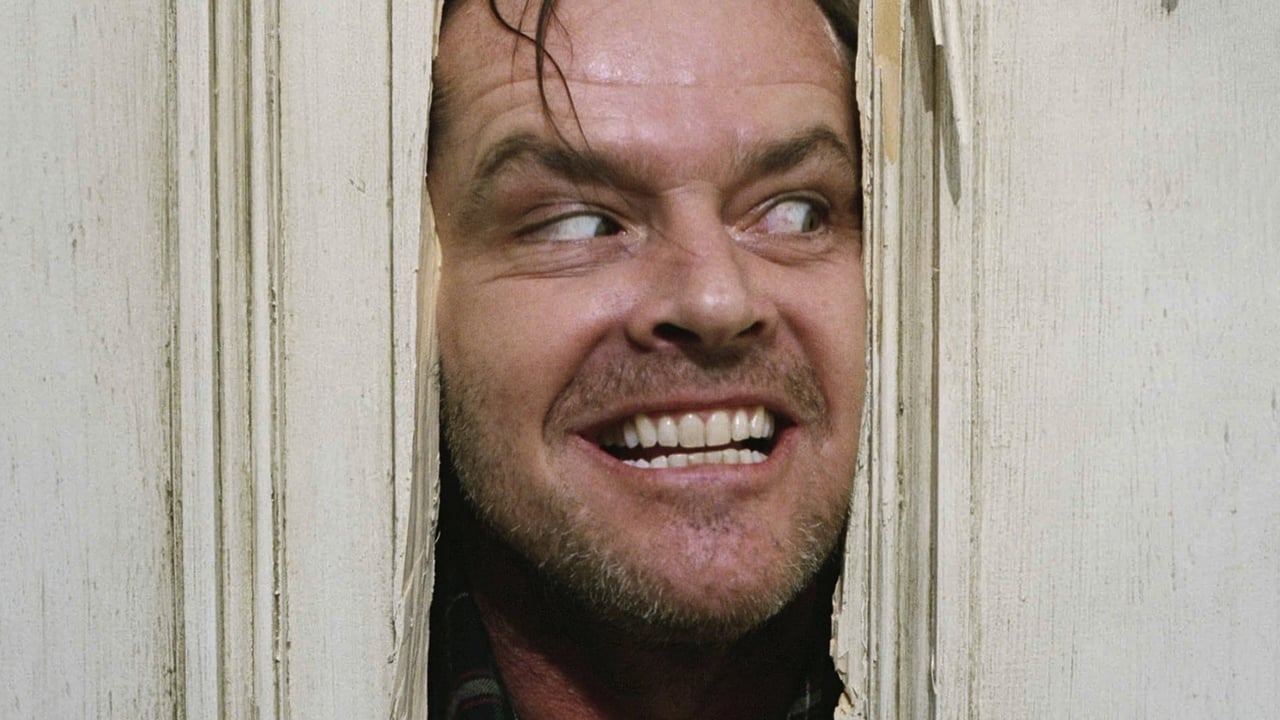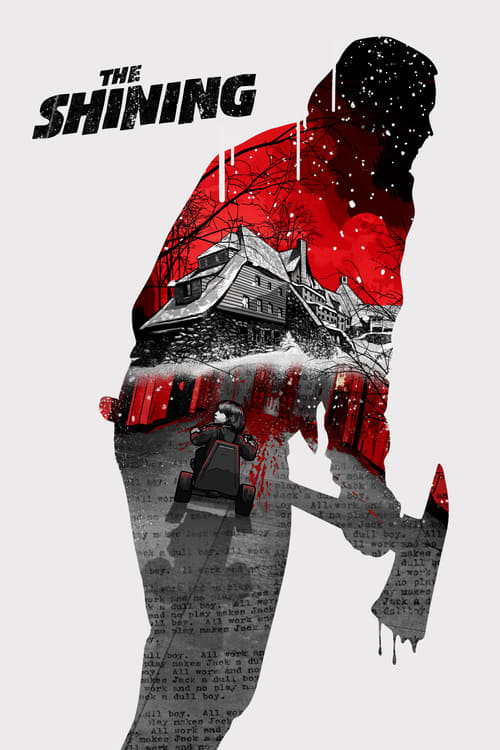
 The Shining
— A masterpiece of modern horror.
The Shining
— A masterpiece of modern horror.
The Shining

Jack Torrance accepts a caretaker job at the Overlook Hotel, where he, along with his wife Wendy and their son Danny, must live isolated from the rest of the world for the winter. But they aren't prepared for the madness that lurks within.

























































All work and no play makes Jack a dull boy
All work and no play makes Jack a dull boy
All work and no play makes Jack a dull boy
All work and no play makes Jack a dull boy
All work and no play makes Jack a dul boy
All work and no play makes Jack a dull boy
All work and no play makes Jack a dull boy
All work and no plany Makes ack a dull boy
All work and no play makes Jack a dull boy
All work and no play makes Jack a dul boy
All work and no play makes Jack a dull boy
All work and no play makes Jack a dull boy
All work and no play makes Jack a dull boy
All work and no play makes Jack a dull boy
All work and no play makes Jack a dull boy
All work and no play make Jack a Dull boy
All work and no play makes Jack a dull boy
All work and no play makes Jack a dull boy
All workand no play maks Jack a dull boy
All work and no play makes Jack a dull boy
All work and no plany Makes ack a dull boy
All work and no play make Jack a Dull boy